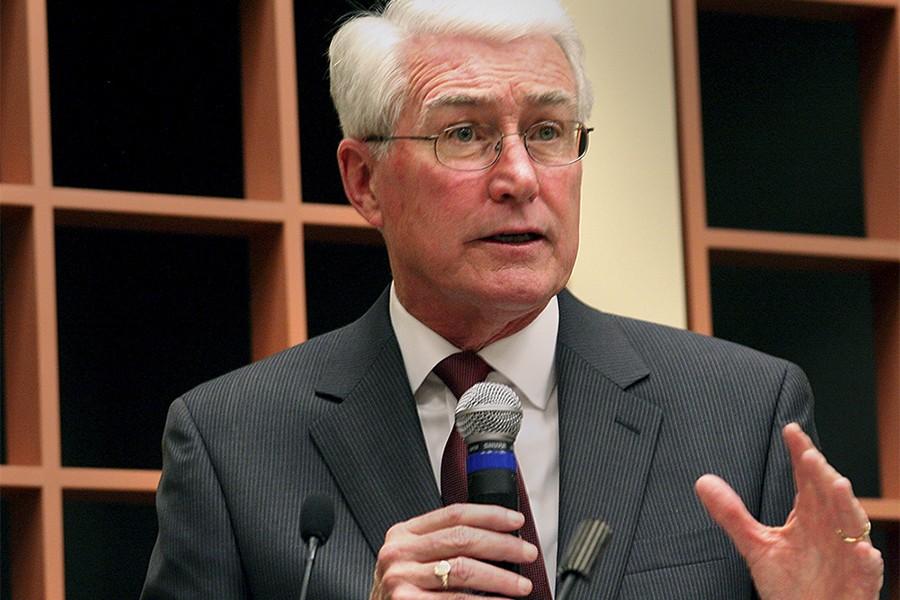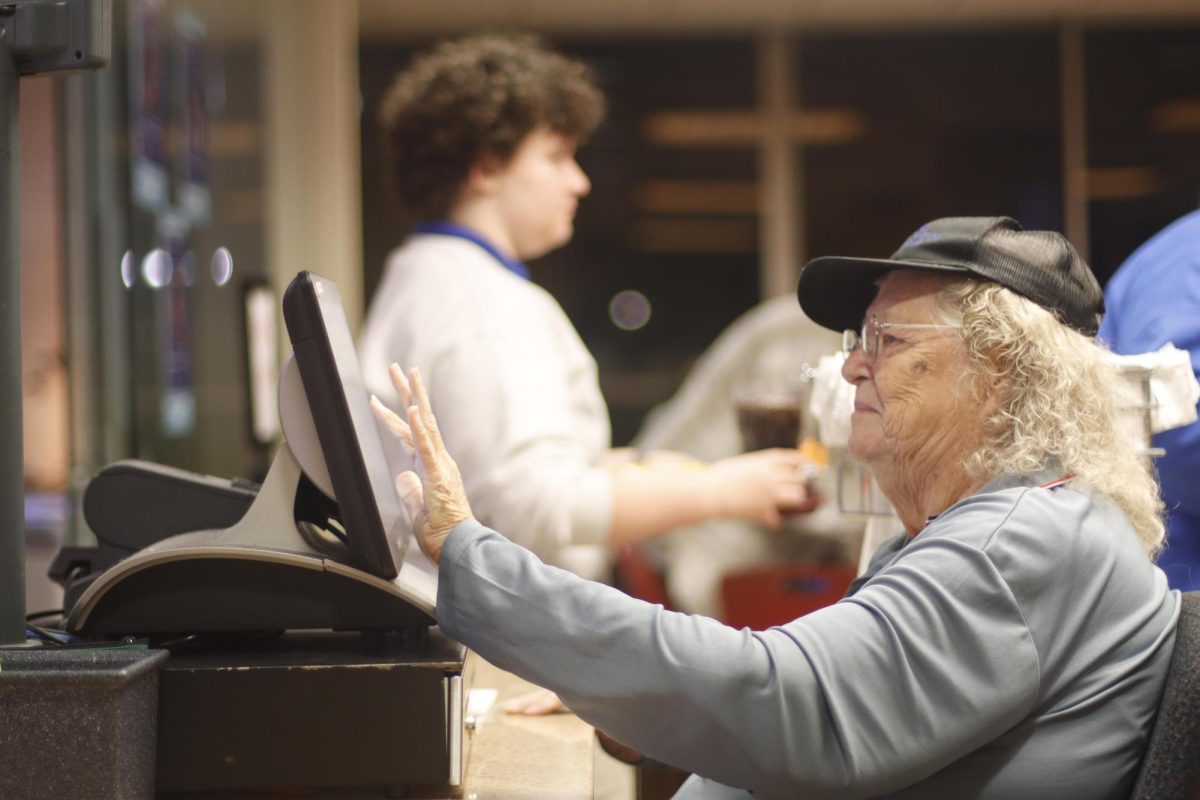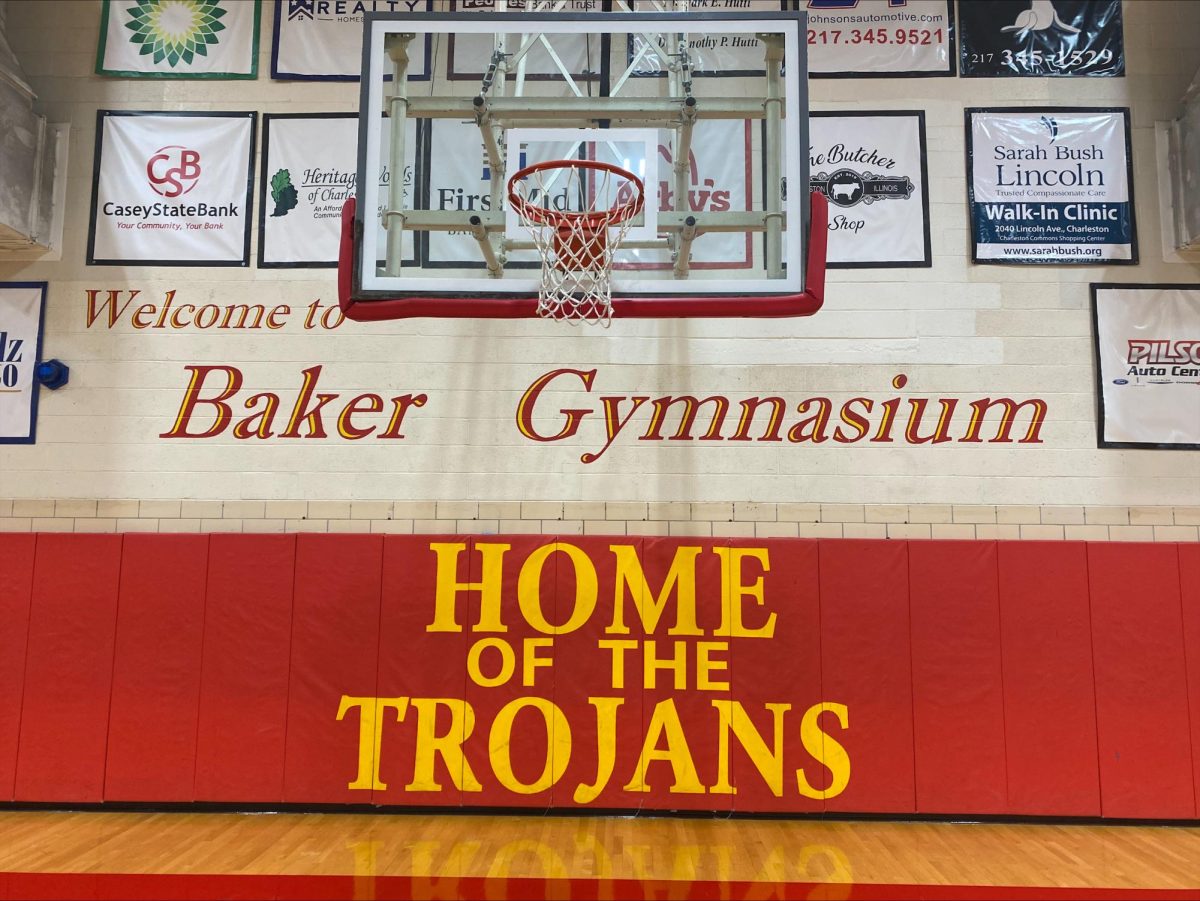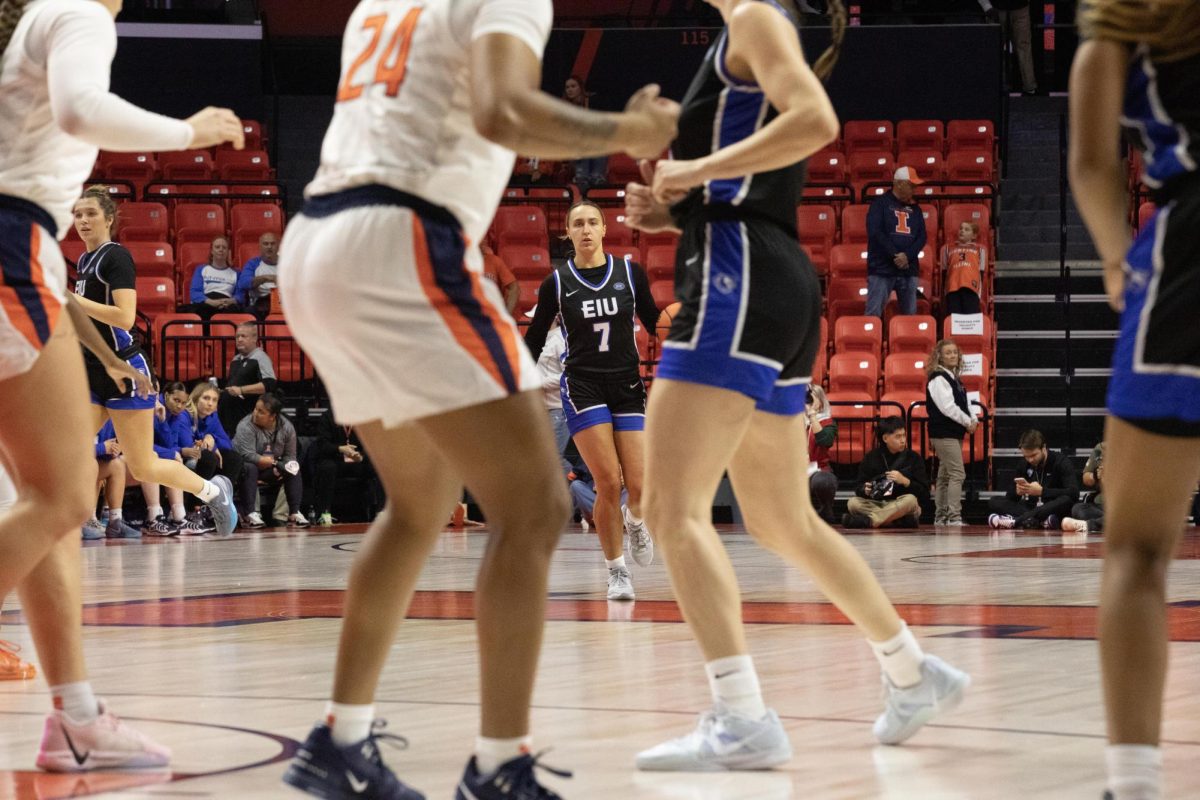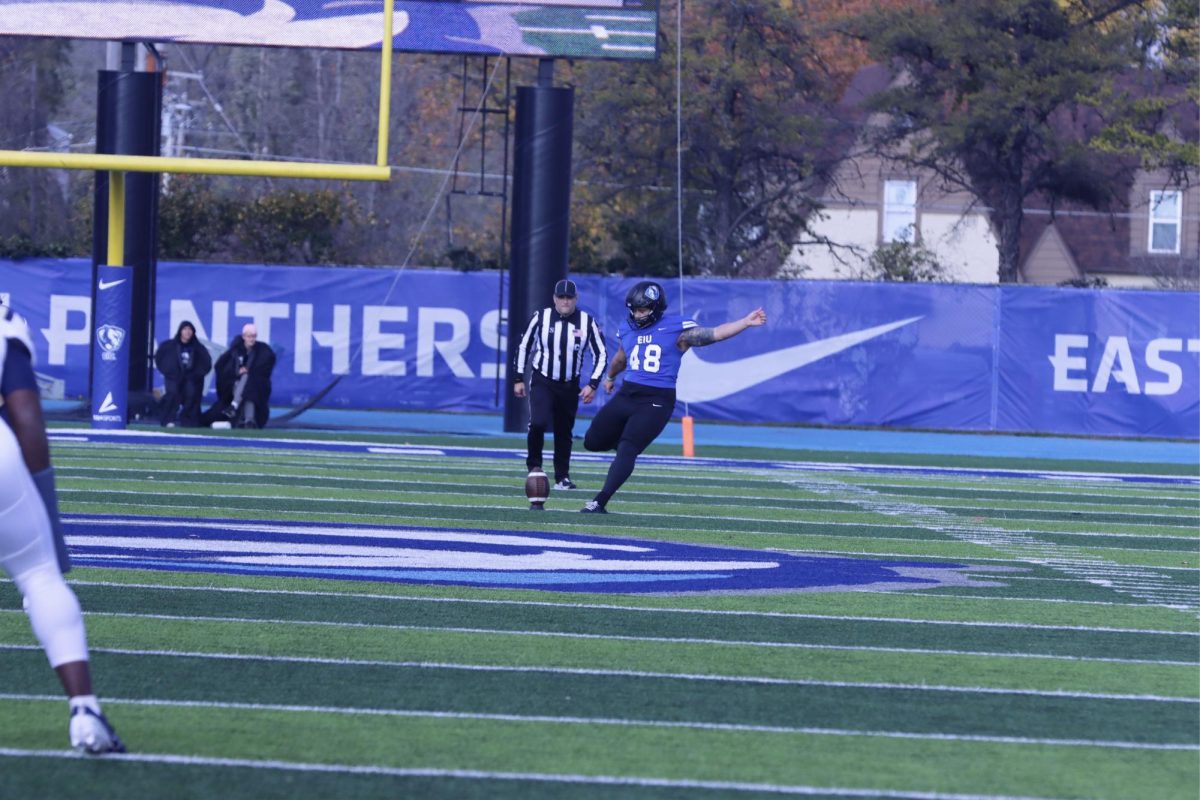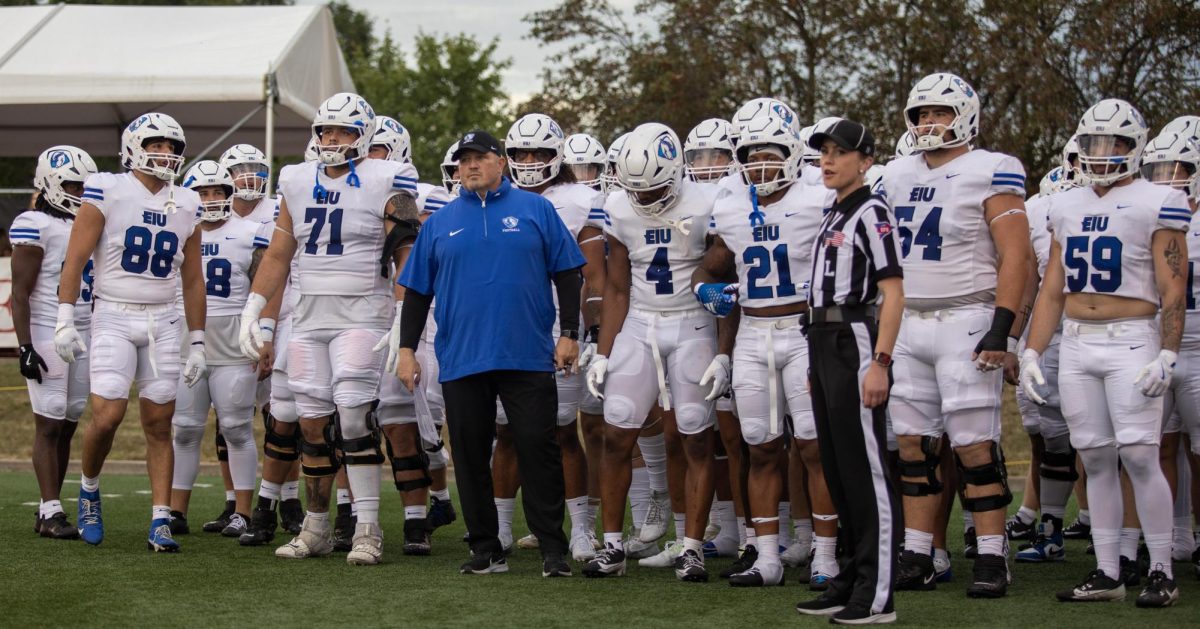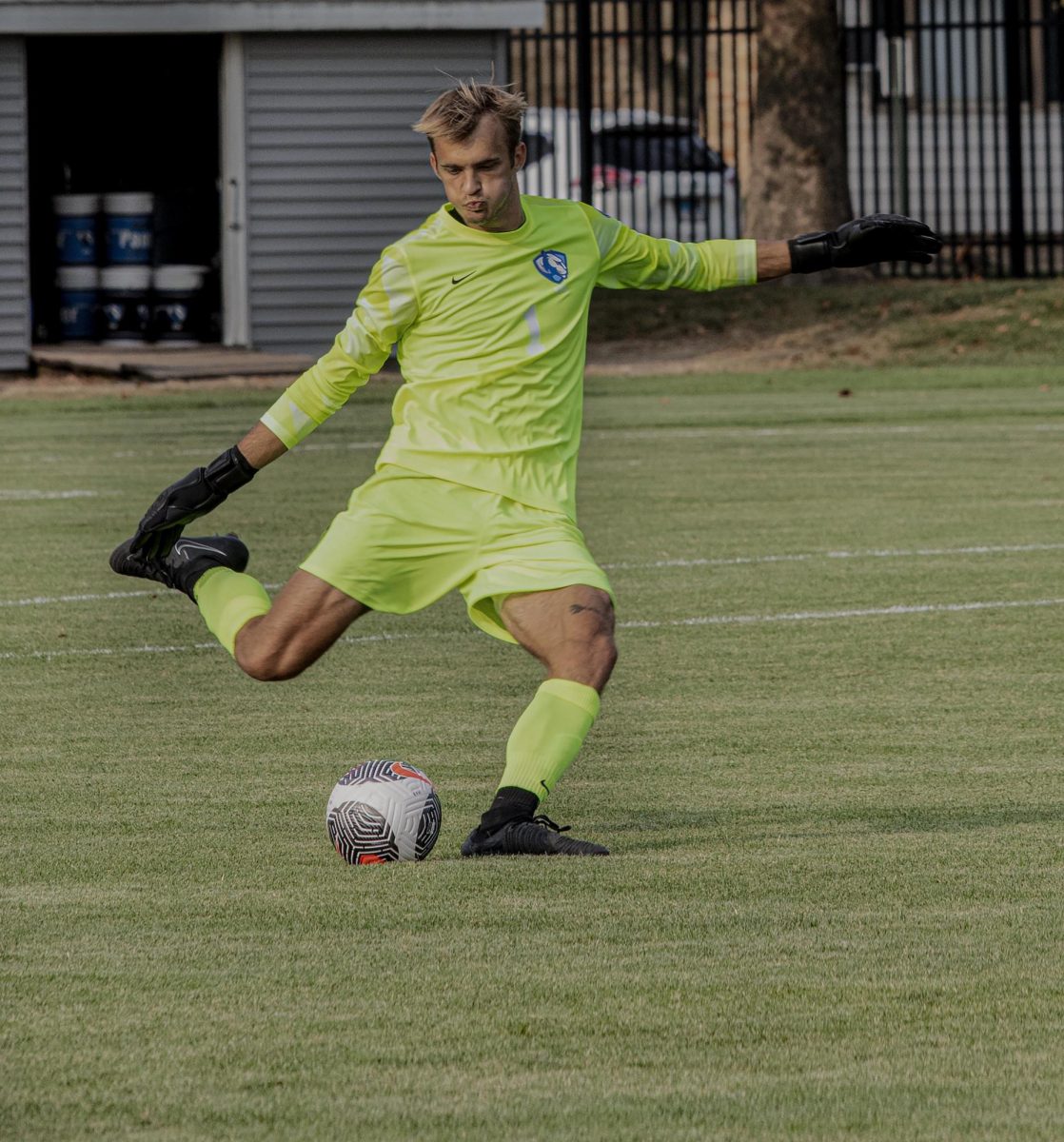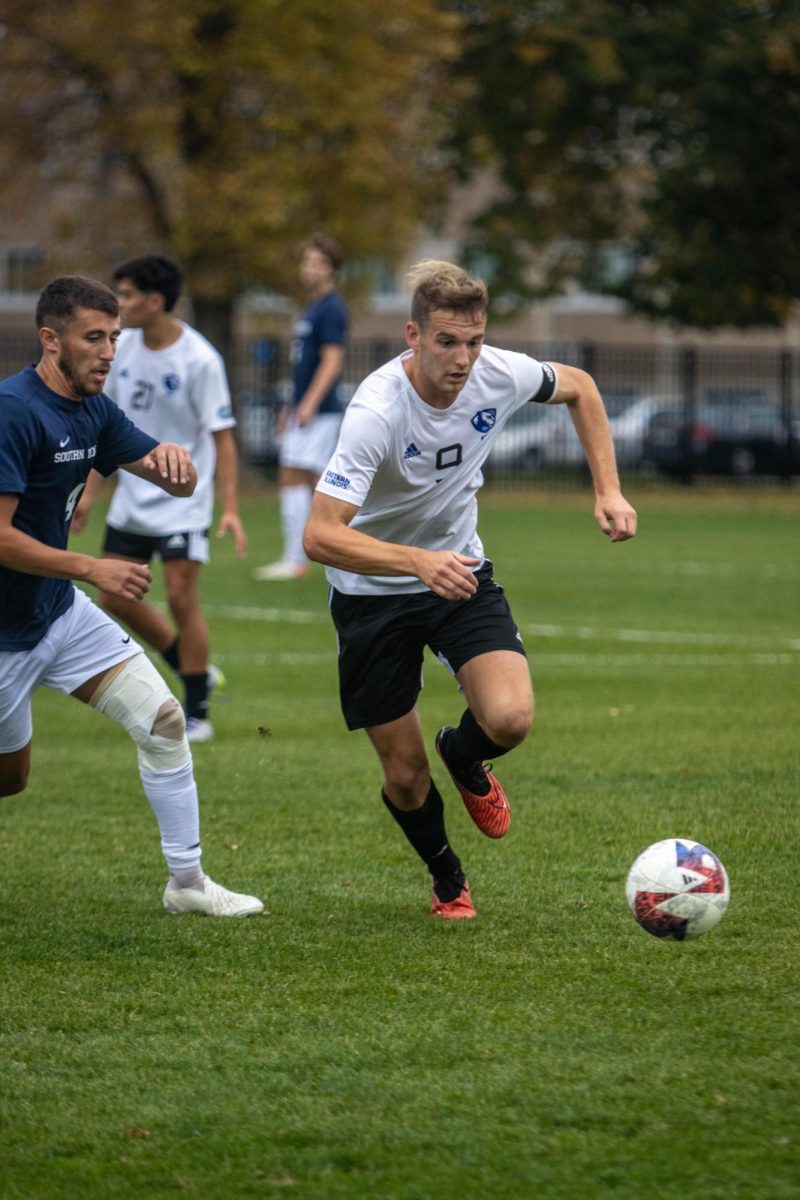Column: Understand bystander intervention
September 28, 2016
Sexual assault is a topic that sweeps our nation’s news reports and makes its way on our social media feeds. According to the Rape, Abuse and Incest National Network’s national website, every 109 seconds, an American is sexually assaulted.
With sexual assault happening so often in this country, there is a large chance that someone you know may have been sexually assaulted. But how often do college students talk about sexual assault? Do college students assume that this big of an issue only happens at larger schools? And what defines sexual assault?
“It won’t happen to me,” is a common misperception about sexual assault. The truth is, there are really no precautions that someone can take to avoid being sexually assaulted. By trying to “prevent” sexual assault from happening to someone, this implies that the reason that someone was sexually assaulted was due to not taking the right preventions, thus leading to victim blaming.
For instance, advice like “wearing more conservative clothing,” or, “choosing not to consume alcohol,” implies that if someone was not wearing a turtle neck or was not fully sober, that they deserved to be sexually assaulted. Sexual assault ultimately impacts a person’s way of life in the aftermath, and the blame of the incident should never be placed on the victim of sexual assault.
If either person is under the influence of any amount of alcohol during the period of intercourse, consent cannot be properly determined. Alcohol has a way of manipulating the decision-making skills of a person who has been drinking. In other words, one might do something drunk that they may not have agreed to when entirely sober. While sexual assault may seem like it needs to involve violence and physical restraint, it really is defined by means of consent. If a person wakes up from a night of drinking in bed with another person and there was no defined consent involved, then the person has every right to feel violated. In other circumstances where alcohol was not involved but consent was not clearly defined, it really depends on whether the individual feels that their consent was properly determined. Sexual assault goes far beyond the stereotype of being physically violent.
What can we do to assure that sexual assault doesn’t happen on our campus? The term “bystander intervention,” is often used to describe any member of a third party to witness a form of sexual assault and intervene. Bystander intervention can commonly be mistaken with the witnessing of an actual brutally violent and physical sexual assault when really there are plenty of opportunities for intervention on a daily basis.
For example, if a person notices two people under the influence of alcohol leaving the bar together, one needs to intervene to avoid the disregard of consent. All it takes is a simple cautionary statement: “Hey. I just wanted you to make sure you are being safe because sometimes alcohol has the ability to influence our decisions and we might do things that we would not normally do sober.”
By reaching out and offering help and empathy, you give the individual the moment to realize their current situation. Sometimes people just need to know that others are looking out for them and that we all want each other to be safe. You can take the pledge now to be an intervening bystander through the It’s On Us Campaign on Eastern’s website.
Sierra Falk is a senior English language arts major. She can be reached at 581-2812 or stfalk@eiu.edu.




